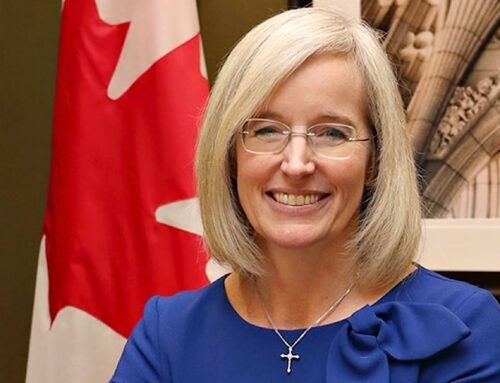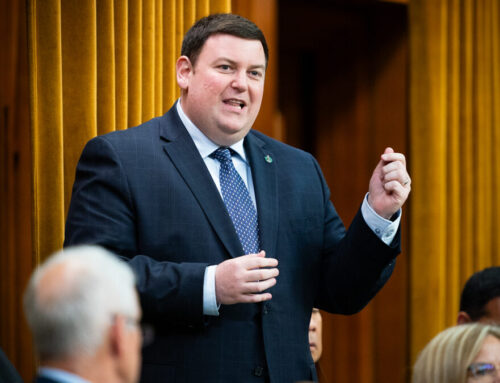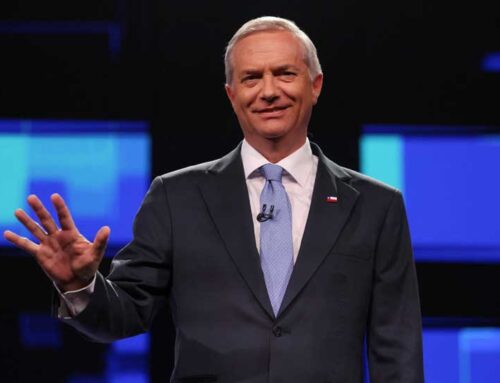On Oct. 19, the Liberal government’s Bill C-16, which will amend the Canadian Human Rights Act, making it illegal to discriminate on the basis of gender identity and expression, passed second reading in a 248-40 vote.
C-16 also amends the Criminal Code’s hate crime laws to include gender identity and gender expression so that crimes thought to be motivated by prejudice against individuals who self-identify as transgender and transsexual can face additional punishment.
Among the 38 Conservatives joining the Liberals, NDP, and Bloc Quebecois supporting C-16 were leadership contenders Maxime Bernier, Steven Blaney, Michael Chong, and Deepak Obhrai, while rumoured candidates Lisa Raitt and Michelle Rempel also supported the bill. Andrew Scheer and Brad Trost voted against C-16 and Kelli Leitch and Erin O’Toole did not vote.
Interim leader Rona Ambrose also voted for C-16.
Campaign Life Coalition lobbyist Johanne Brownrigg said “it’s a significant change” for Conservatives to support Bill C-16. She suggested nearly half of the Conservative caucus voted for C-16 out of political considerations, not policy. She said it was unfortunate “the Conservative Party has moved in this direction without consideration of the many, many ramifications of this bill.”
Trost told iPolitics he wanted to speak against C-16 but that the party’s house leadership tried to prevent him from doing so because leadership contenders are barred from addressing issues unless it directly impacts on their riding. Still, Trost was recognized at the conclusion of the four hours of debate on C-16, when he denounced the bill as “impractical, unworkable” and stating he opposed it as “both as a social conservative and as a free speech libertarian.” He said, “this is a big government solution to a problem that does not exist. As Conservatives, we should be opposed to big government solutions.” He also warned that C-16, if passed, could lead to discrimination against people who “support more traditional values.”
MP Harold Albrecht (Kitchener-Conestoga) asked if parliamentarians were “simply trying to protect the sexual minority from verbal and physical abuse” or “intending to impose a cultural shift in our very understanding of human sexuality and gender expression?” He warned that religious organizations that did not recognize gender fluidity could face discrimination.
Albrecht also raised the concern that heterosexual predators could gain access to restrooms under the guise of being transgender in order to target victims of the opposite sex.
Conservative MP Cathay Wagantall (Yorkton–Melville) shares those concerns. “By passing the bill, are we then be saying that a person’s need to express his or her gender or identity foreshadows the mother’s need to also protect her child from seeing a naked man at, let us say, a YMCA children’s swim class? Have we really gone this far in our society?”
But supporters of C-16 were unmoved by such concerns, as NDP MP Randall Garrison (Esquimalt–Saanich–Sooke), who sponsored a similar bill in the previous Parliament, said the criticisms put forth by Conservative opposition was “a sign of the very transphobia we are trying to address in this bill.” He added that “we all know that in the real world, the only ones at risk in bathrooms are trans people, who are almost always perceived to be in the wrong place.”
Bill C-16 will now be examined in the Standing Committee on Justice and Human Rights where experts are expected to be called to testify on the need for expanding the hate crime and human right laws.




